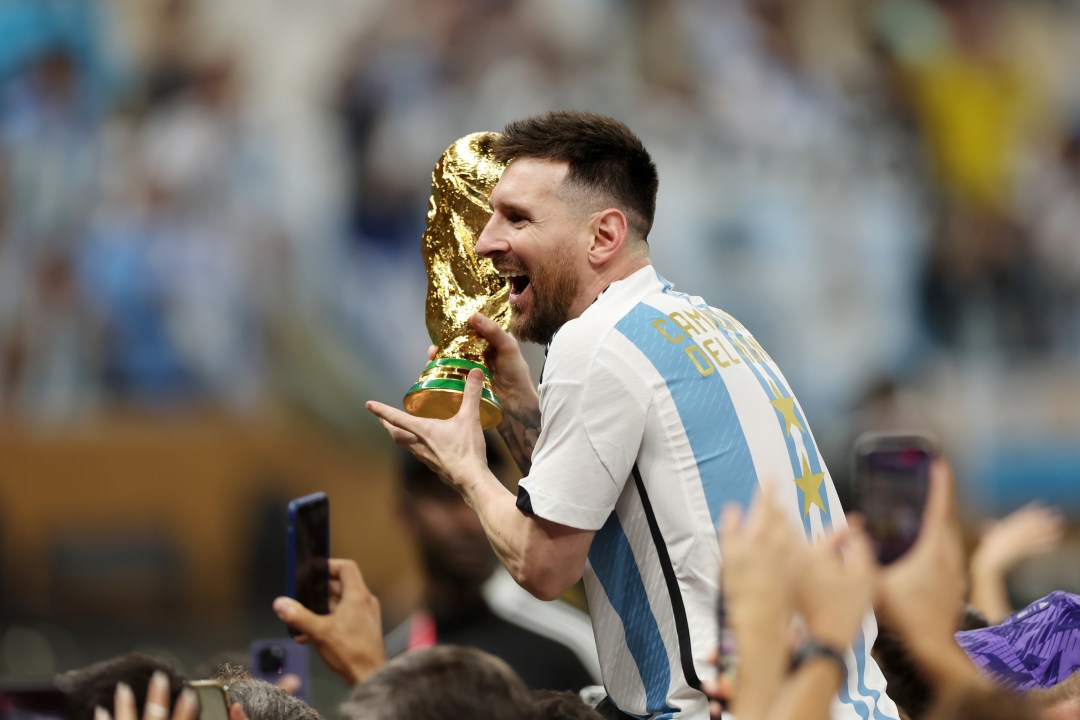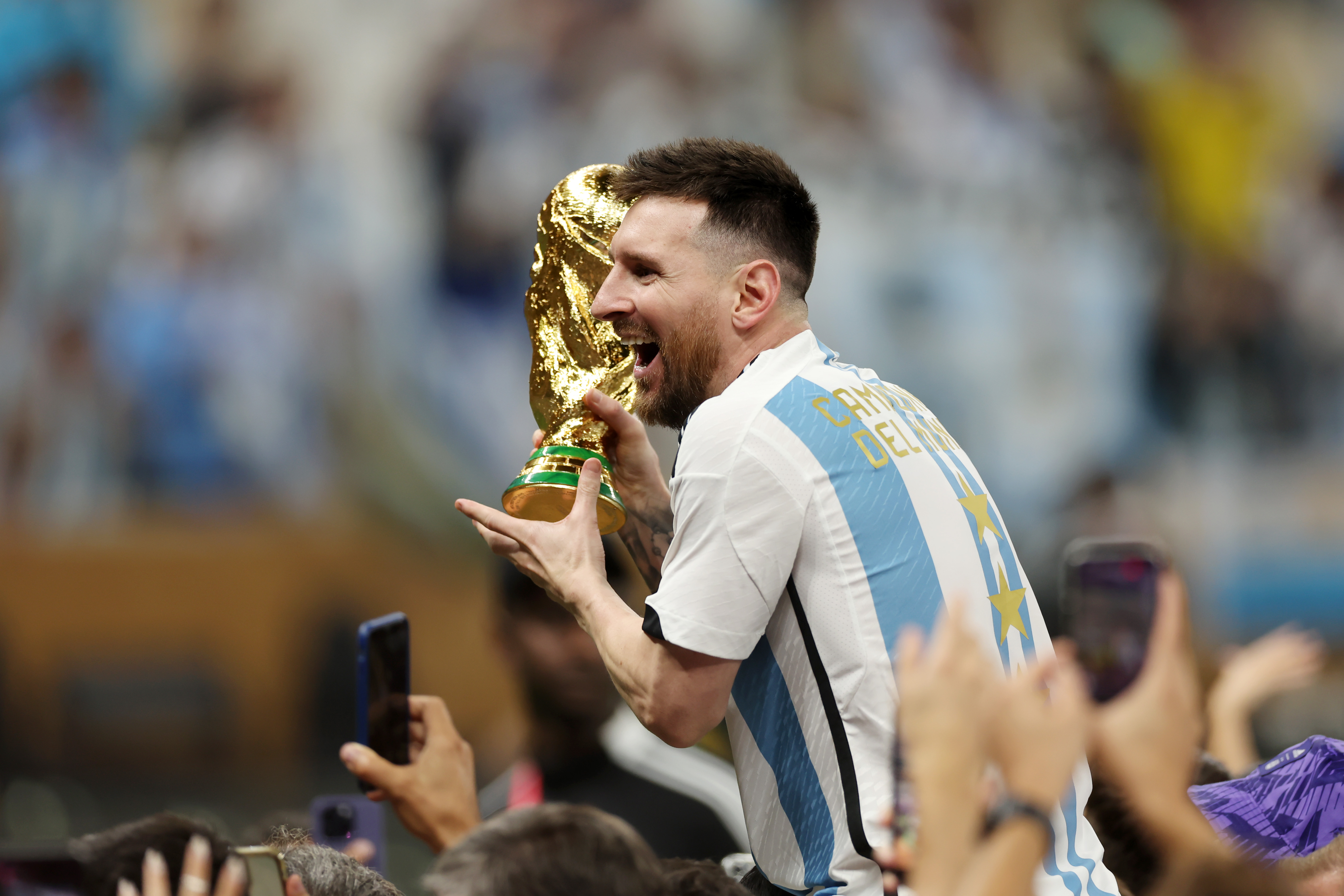It is a measure of the unexpected success of the Qatar World Cup that it could be hailed as the best, by Fifa President Gianni Infantino, and the boast was not entirely laughable. This World Cup had its share of longueurs but had plenty of excitement and ended on such a high note that conspiracists might suspect the final moments were contrived. But the high drama of the final aside, what did we learn from this extraordinary sporting event?
First, that we care about the exploited and the marginalised and disapprove of corruption but… not that much. No end of newsprint was devoted to the subject of the unknowable number of migrant workers who died building the glittering jewel-like stadiums in the sand, the bribery allegations, and alleged human rights abuses. But no team withdrew from the tournament, or even threatened to, and not a single player boycotted the event.
Such protests that did take place were synthetic and transparent, like poor quality replica football shirts: There were armbands, specially designed shirts, and choreographed hand gestures. But the resolve for even these melted away quickly in the desert heat when faced with ‘sporting sanctions’ such as yellow cards and suspensions. Fifa, and its omni-empathetic president proved tougher than expected in the face of mainly European dissent.
There is serious doubt about the promises of a Qatar World Cup legacy but if any good does come from this tournament it might be that virtue-signalling is ditched for good. There was less sympathy for England’s gestures this time round, which suggests people’s patience is straining.
We learned that the margins of success and failure are almost infinitesimally narrow and that almost anyone can beat almost anyone these days. The prime example was Argentina’s defeat to Saudi Arabia. Morocco went further than any African team in history and Japan beat two football superpowers in their thoroughly entertaining run to the quarters.
We also learned – and I’m in danger of becoming a bore about this – that a significant factor in the entertainment value of the tournament is that Fifa’s 32-team format works. It should be retained. The third round of matches in the group stage was thrilling – with qualifiers changing multiple times as the final matches progressed simultaneously. Japan’s group was mad – at one point Costa Rica were top, then they were bottom. If Fifa’s greed (48 teams in 16 groups of three is threatened for 2026) leads to this riveting element of the tournament being ditched, it will do great damage.
We learned that VAR is here to stay and so is VAR controversy, and VDS (VAR derangement syndrome) – the reflexive outrage of pundits who are often not as aware of the rules of the game as they should be. Japan’s second goal against Spain was valid and VAR proved it, as it did for Argentina’s semi-final penalty against Croatia. Of course, there were errors, but VAR haters might want to consider the possibility (outside perhaps but real) that Messi’s second goal in the final could have been disallowed if the decision had rested on the imperfect view of the referee and linesman. VAR made that impossible.
What else? Penalties, in normal time, and as shoot-outs, dominated the knock-out stages. Messi took seven in the tournament, having one saved. Mbappé took three in the final alone. Poor Harry Kane missed his sixth overall (2018 and 2022 combined) having dispatched the previous five with aplomb. Sadly, for him, only one will be remembered.
There were no tactical innovations and few new stars emerged. Jude Bellingham is one to watch and so is Germany’s Jamal Musiala. He was probably the most exciting prospect but thanks to a poor half from his team against Japan he was on an early flight home. Overall, the football was decent, rather than great.
Perhaps the most important lessons could be drawn from the emotion of the players and of the fans (whose fervour, freedom and maskless faces may even have inspired the anti-lockdown protesters in China).
The tears of Lewandowski, Di Mario, and many others, and the passion of the spectators proves national identity is a potent force in the world and may even be intensifying in a world where outlets for such emotion are under constant threat. There can be no other arena where such naked displays of benign nationalism can be seen, or such lustily delivered renditions of national anthems heard.
Despite the controversy surrounding the host country, the football still won. The World Cup remains far and away the world’s premier global sporting event.








Comments